Should car insurers offer refunds during lockdown?
Fewer claims being made as drivers stay at home

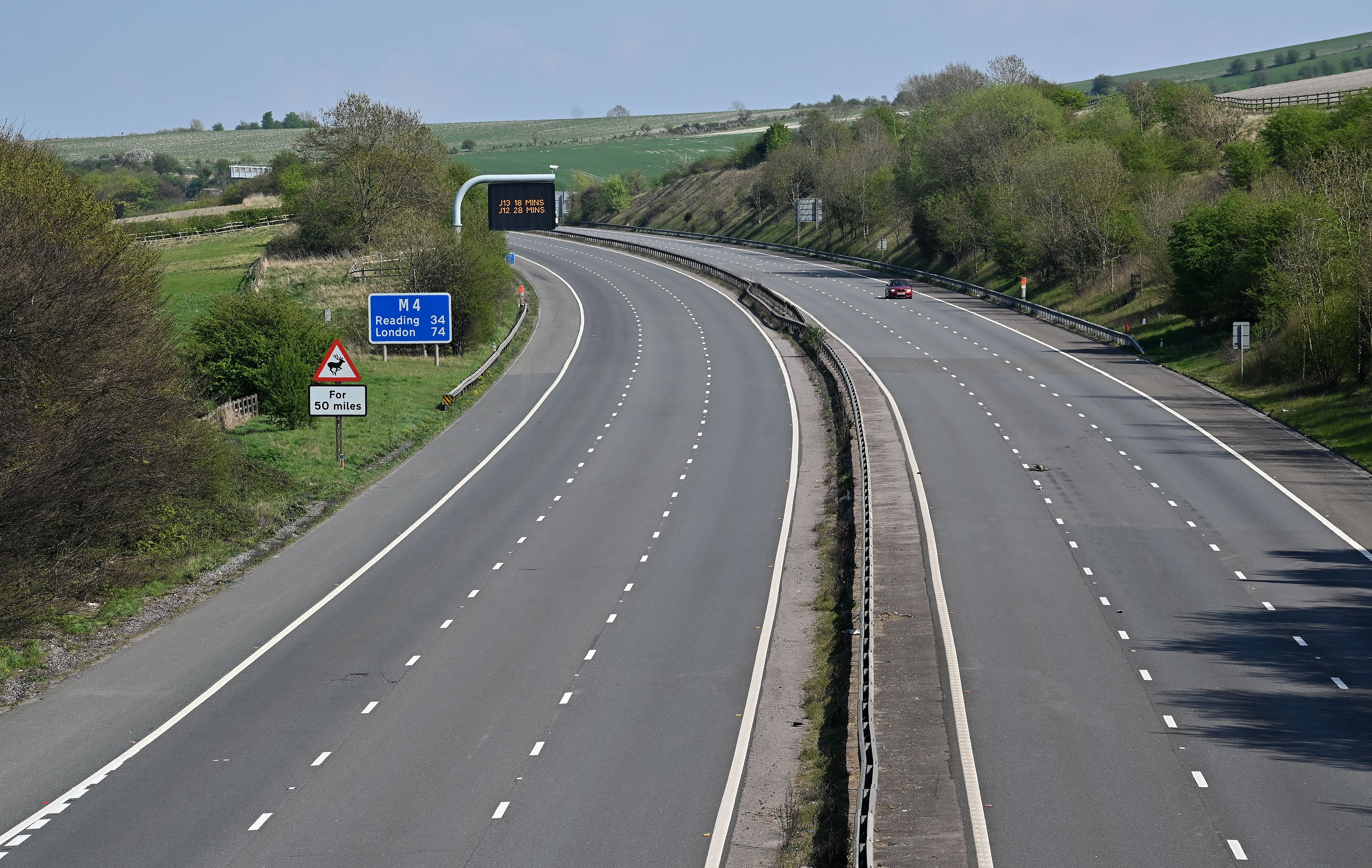
A free daily email with the biggest news stories of the day – and the best features from TheWeek.com
You are now subscribed
Your newsletter sign-up was successful
The coronavirus lockdown order has left drivers and their families stuck at home, with vehicles parked and unused.
And with roads far less busy, fewer accidents are occurring, which means fewer claims - resulting in big savings for insurance companies.
Indeed, insurers’ profits are soaring just as many other members of the population are feeling the economic cost of the Covid-19 pandemic.
The Week
Escape your echo chamber. Get the facts behind the news, plus analysis from multiple perspectives.

Sign up for The Week's Free Newsletters
From our morning news briefing to a weekly Good News Newsletter, get the best of The Week delivered directly to your inbox.
From our morning news briefing to a weekly Good News Newsletter, get the best of The Week delivered directly to your inbox.
Unsurprisingly, calls are increasing for a form of refund for insurance customers.
In a letter to Rishi Sunak last weekend, a 27-strong cross-party group of MPs urged the chancellor to “take action to ensure that UK car insurance companies repay some, or where appropriate all, of premiums to customers”.
“Car insurers have reported an almost 50% drop in claims during lockdown,” the letter said. “Furthermore, the UK government has stated that driving is down by 75% as a result of lockdown. Accordingly, it has been calculated that insurers are set to make £1bn profit from all of the motorists who cannot drive right now.”
The MPs argue that UK insurers should follow the lead set by their counterparts in the US, where 82% of car insurers have announced they will be refunding or crediting drivers a total of more than $6.5bn over the next two months, according to a recent report from the Consumer Federation of America.
A free daily email with the biggest news stories of the day – and the best features from TheWeek.com
However, as Forbes notes, the UK government “may be reluctant to intervene in a commercially sensitive market such as car insurance, especially given the complexity of achieving an equitable solution embracing numerous providers and over 25 million drivers”.
Fortunately for some UK drivers, at least one major insurer has responded to the demands without government intervention.
Admiral this week became the first UK car insurance company to offer a direct refund to its customers - a £25 rebate for the 4.4 million cars and vans it covered as of 20 April, amounting to a total £110m return to policyholders.
“We want to give the money we would have used to pay claims back to our loyal customers in this difficult time. We have also already reflected this change in driving behaviour in our pricing for customers and will continue to do so,” said Cristina Nestares, the chief executive of UK insurance at Admiral.
The Guardian reports: “Admiral has pledged a further £80m, mainly to reduce prices, with the biggest cuts to benefit renewing customers with above-average premiums, such as younger drivers. Some of the money will go towards measures to support NHS staff, as well as a £4m Covid-19 support fund in south Wales, where Admiral is based.”
–––––––––––––––––––––––––––––––For a round-up of the most important stories from around the world - and a concise, refreshing and balanced take on the week’s news agenda - try The Week magazine. Start your trial subscription today –––––––––––––––––––––––––––––––
The BBC adds that other insurers are now “under pressure to follow suit”.
Gareth Shaw, head of money at Which?, said: “People will remember how businesses treated them during this crisis, and Admiral’s decision to provide partial refunds to all of its car and van policyholders will certainly be welcomed by customers experiencing unforeseen pressure on their finances. Firms that act fairly now may see that they are rewarded in the future, and we encourage all other car insurers to follow Admiral’s lead.”
William Gritten is a London-born, New York-based strategist and writer focusing on politics and international affairs.
-
 Nuuk becomes ground zero for Greenland’s diplomatic straits
Nuuk becomes ground zero for Greenland’s diplomatic straitsIN THE SPOTLIGHT A flurry of new consular activity in the remote Danish protectorate shows how important Greenland has become to Europeans’ anxiety about American imperialism
-
 ‘This is something that happens all too often’
‘This is something that happens all too often’Instant Opinion Opinion, comment and editorials of the day
-
 House votes to end Trump’s Canada tariffs
House votes to end Trump’s Canada tariffsSpeed Read Six Republicans joined with Democrats to repeal the president’s tariffs
-
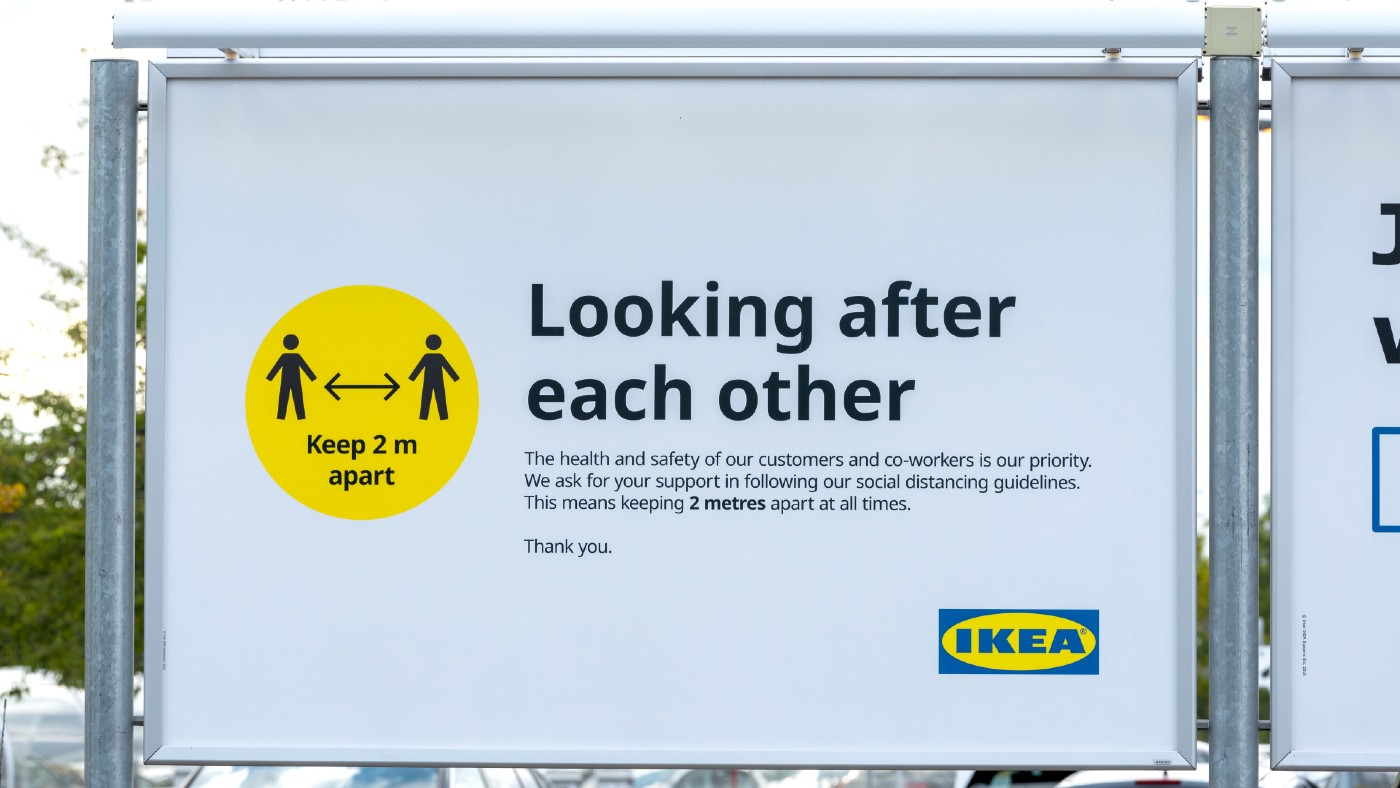 What are the rules on cutting sick pay for unvaccinated staff?
What are the rules on cutting sick pay for unvaccinated staff?feature Ikea joins growing list of firms axing sick pay entitlement for employees who haven’t had Covid jabs
-
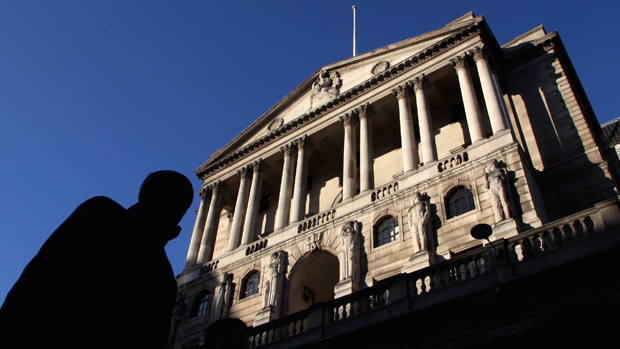 The Bank of England official warning women against home working
The Bank of England official warning women against home workingIn the Spotlight Not returning to the office will result in ‘two track’ career development, senior policymaker claims
-
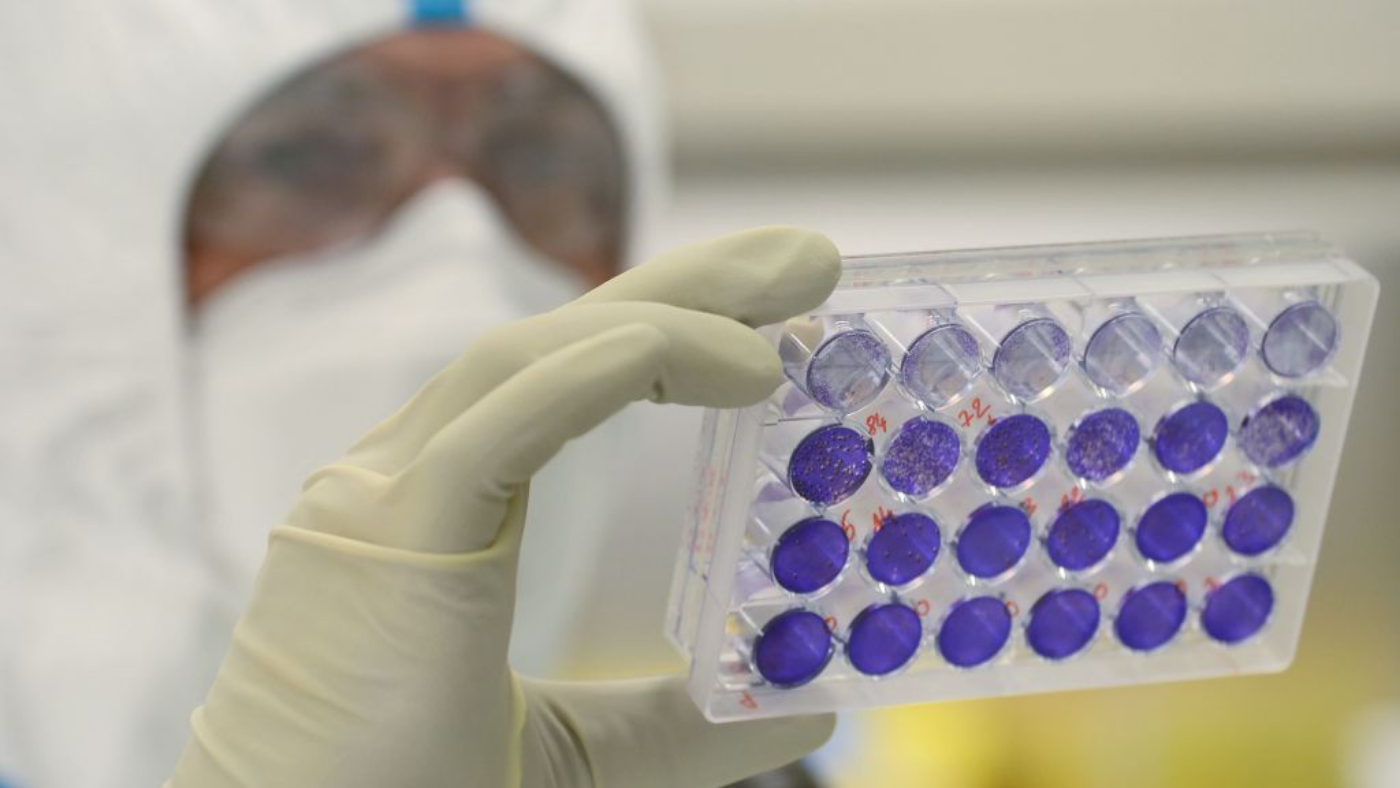 Valneva vaccine: why UK ditched jab with ‘stronger immune response’ than AstraZeneca
Valneva vaccine: why UK ditched jab with ‘stronger immune response’ than AstraZenecaIn Depth Downing Street accused French manufacturer of breaching contract
-
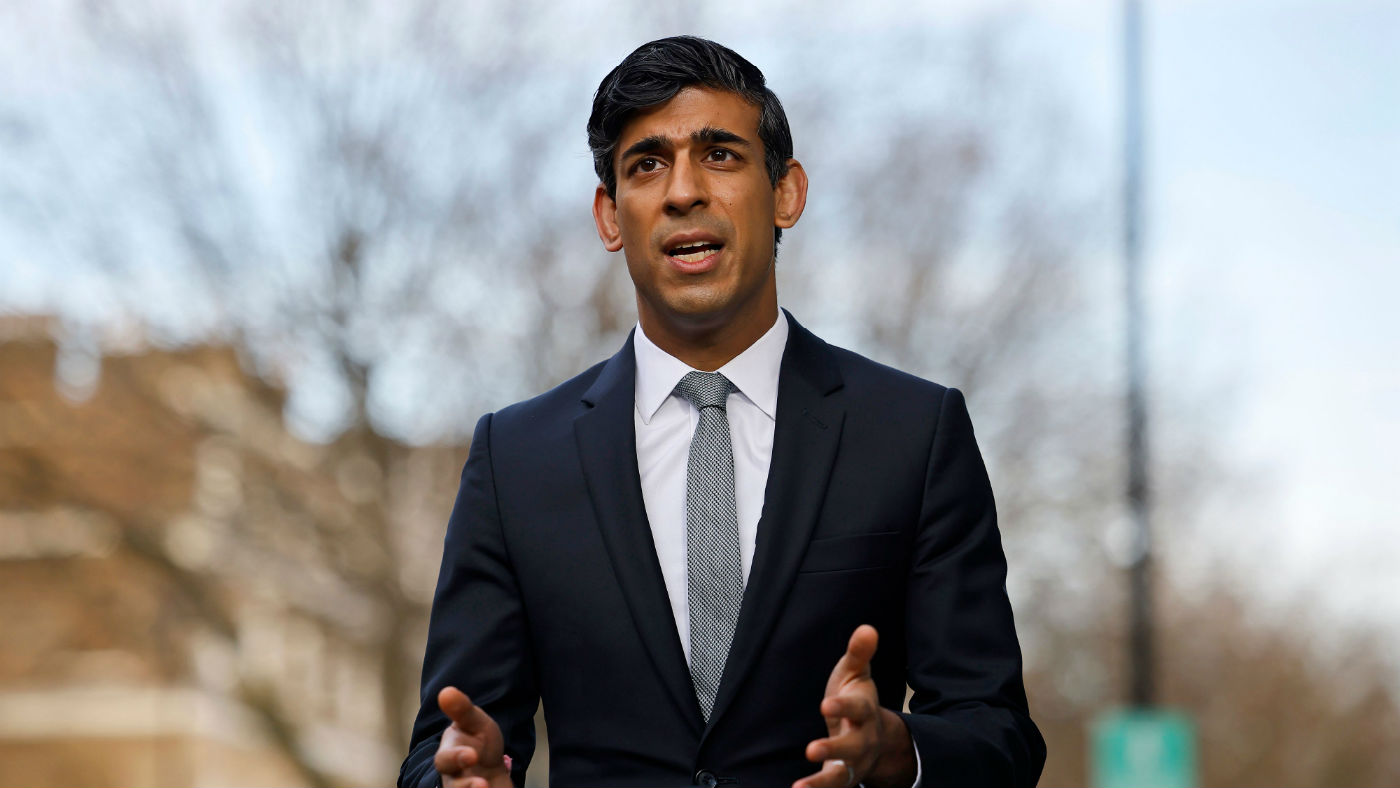 End of the furlough scheme: what happens next for the UK’s job market?
End of the furlough scheme: what happens next for the UK’s job market?Business Briefing 1.6m workers were still being supported by the scheme in July
-
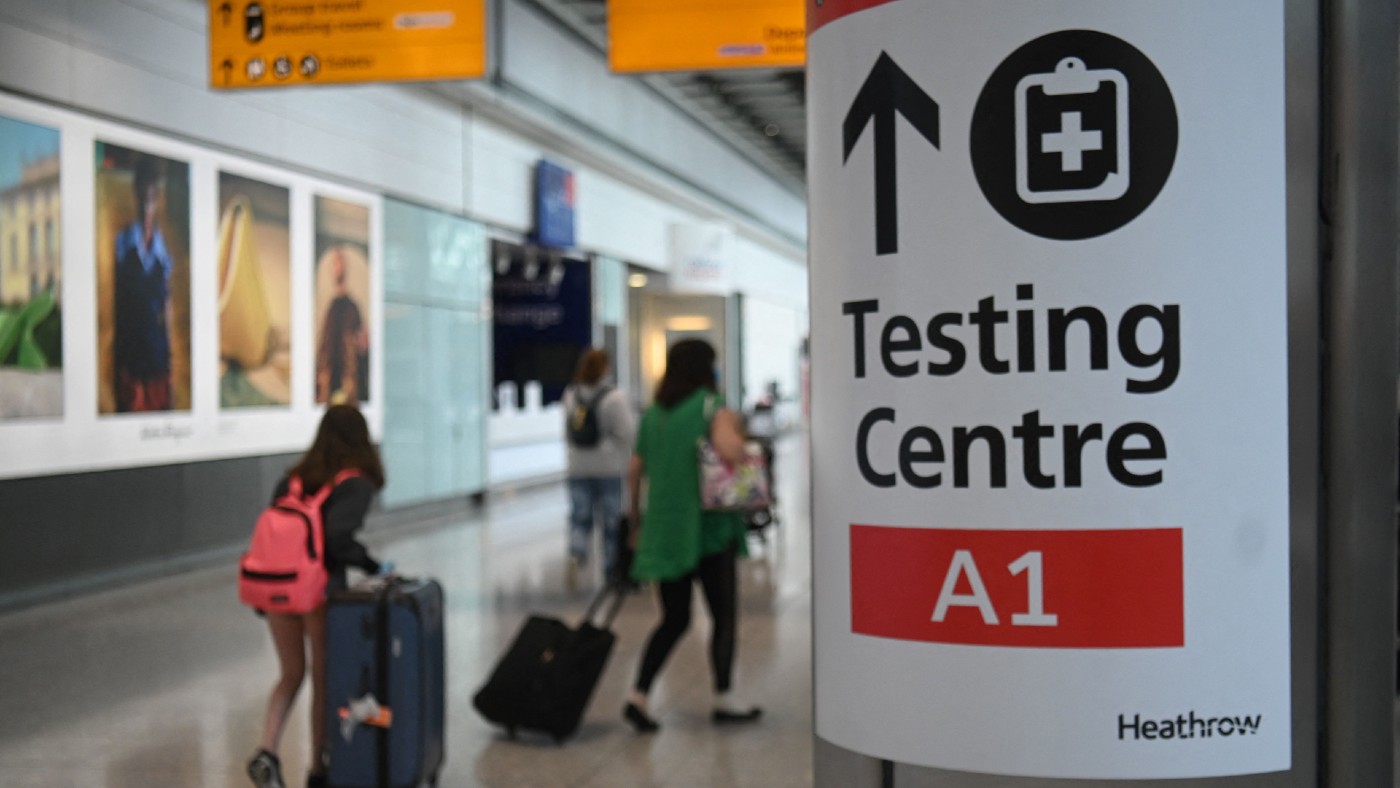 UK travel industry ‘choked’ by Covid restrictions
UK travel industry ‘choked’ by Covid restrictionsfeature Seven in ten firms planning redundancies as holiday bookings collapse
-
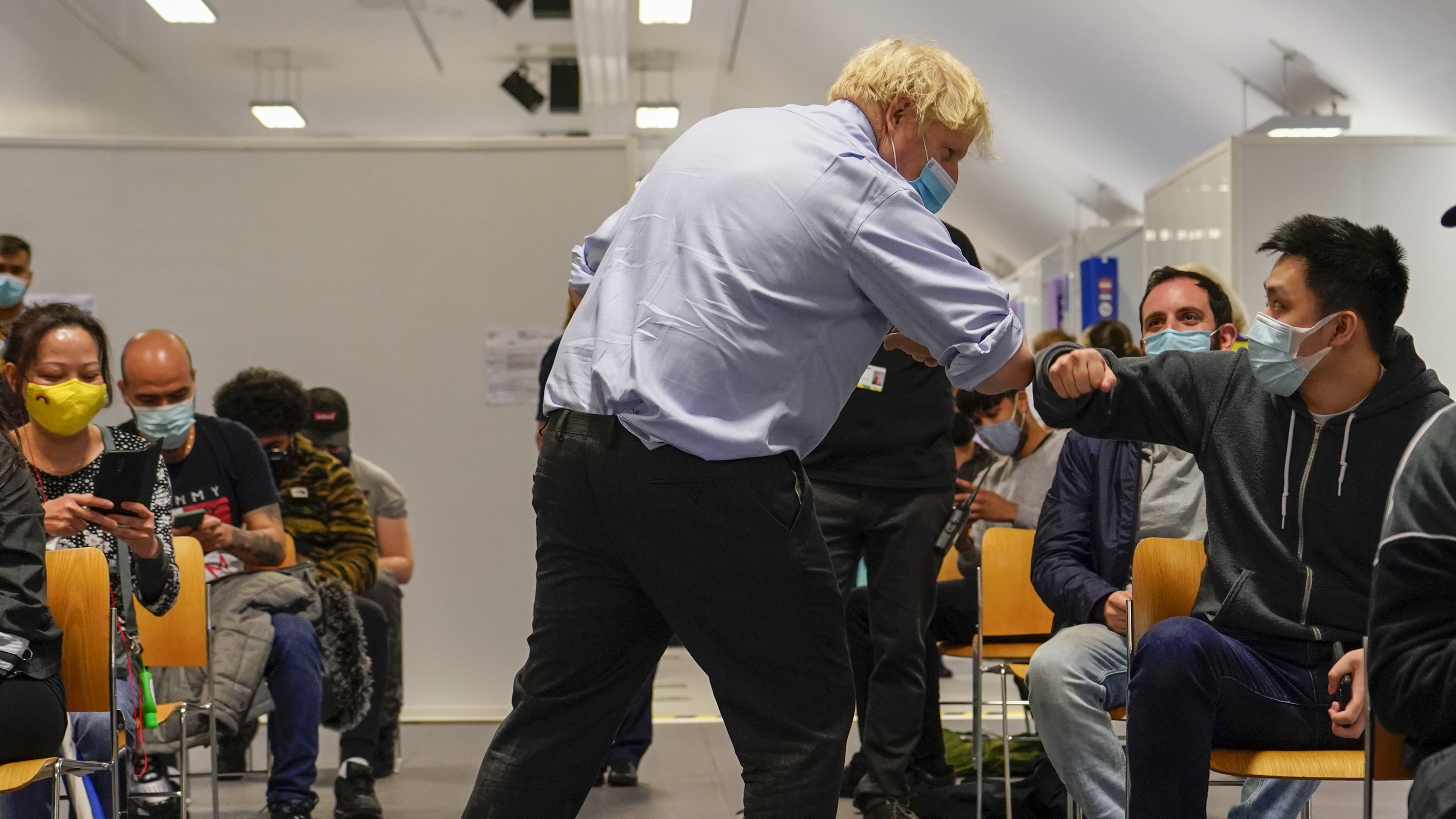 Leaked government report reveals what post-Freedom Day restrictions could cost UK
Leaked government report reveals what post-Freedom Day restrictions could cost UKUnder the Radar England set to drop face masks and social distancing from 19 July
-
 Freedom Day delay: ‘catastrophic’ for businesses on life support
Freedom Day delay: ‘catastrophic’ for businesses on life supportfeature Billions to be wiped from economy and Sunak rejects calls to extend furlough scheme
-
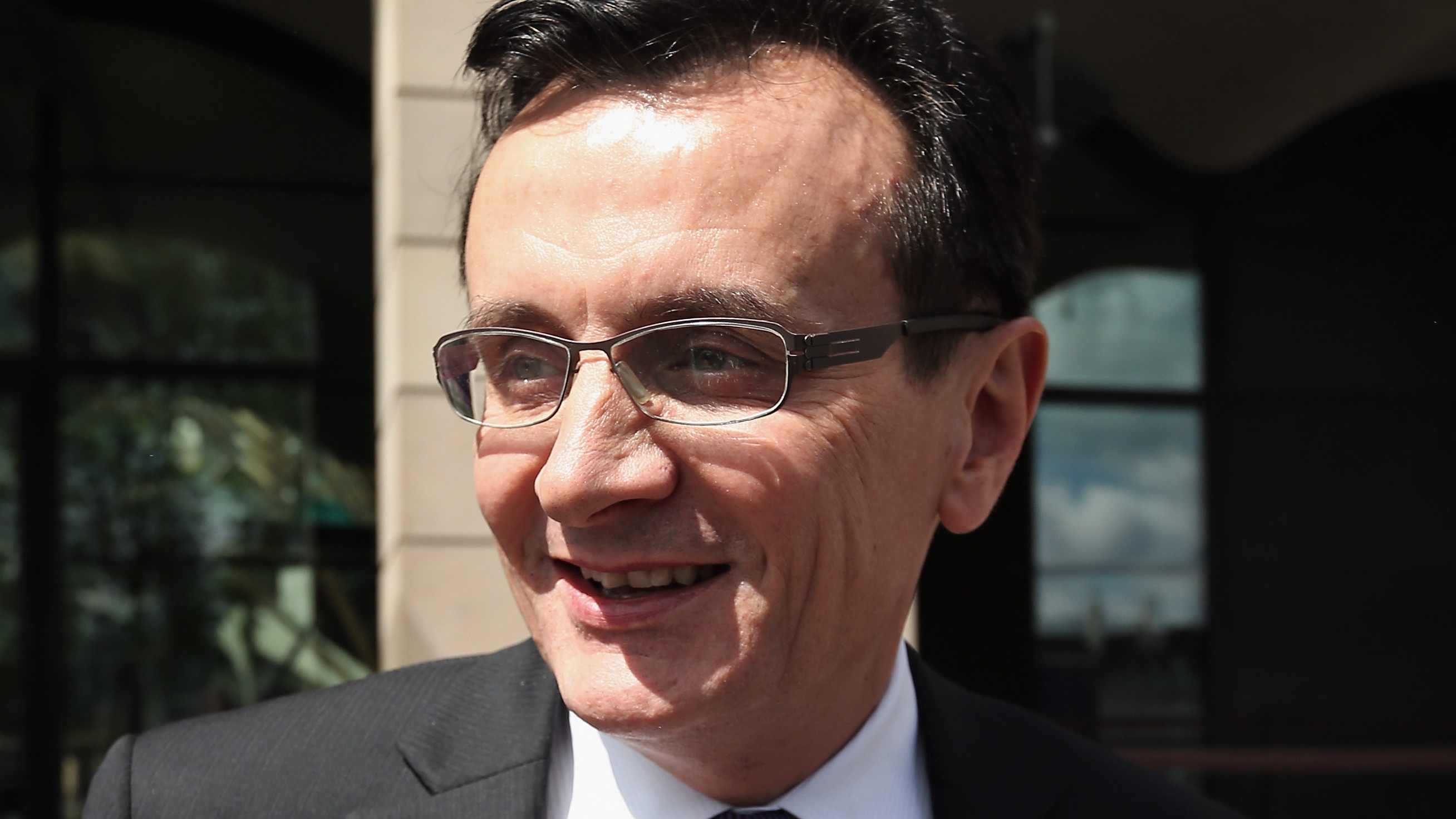 ‘The man who saved the world’: is AstraZeneca’s boss worth his millions?
‘The man who saved the world’: is AstraZeneca’s boss worth his millions?Today's Big Question Pascal Soriot’s bonus might be deserved, but that doesn’t mean it’s necessarily wise
